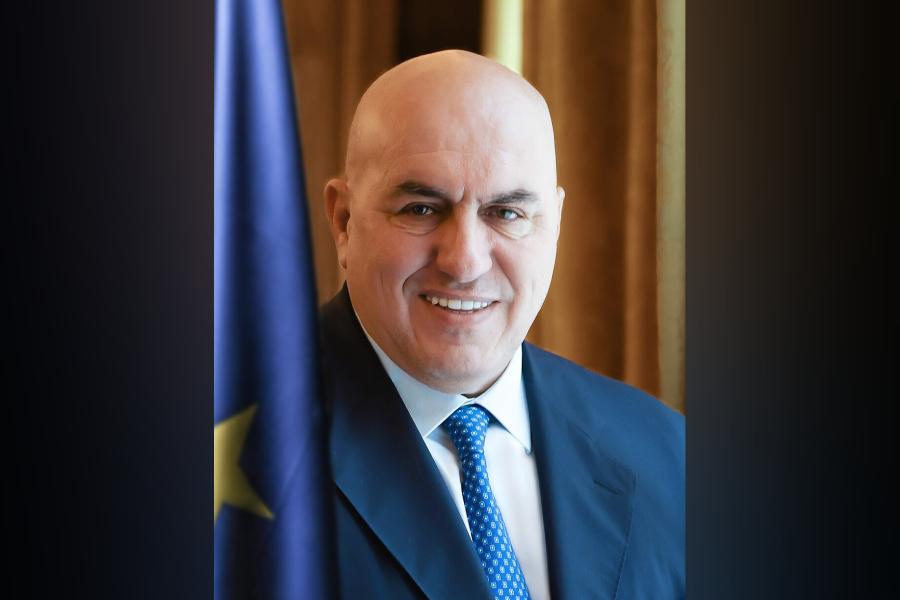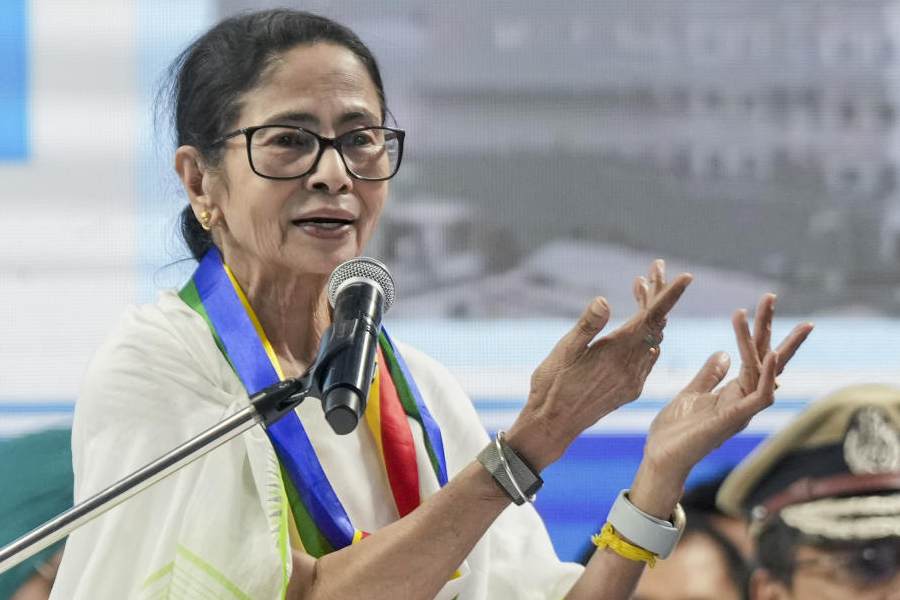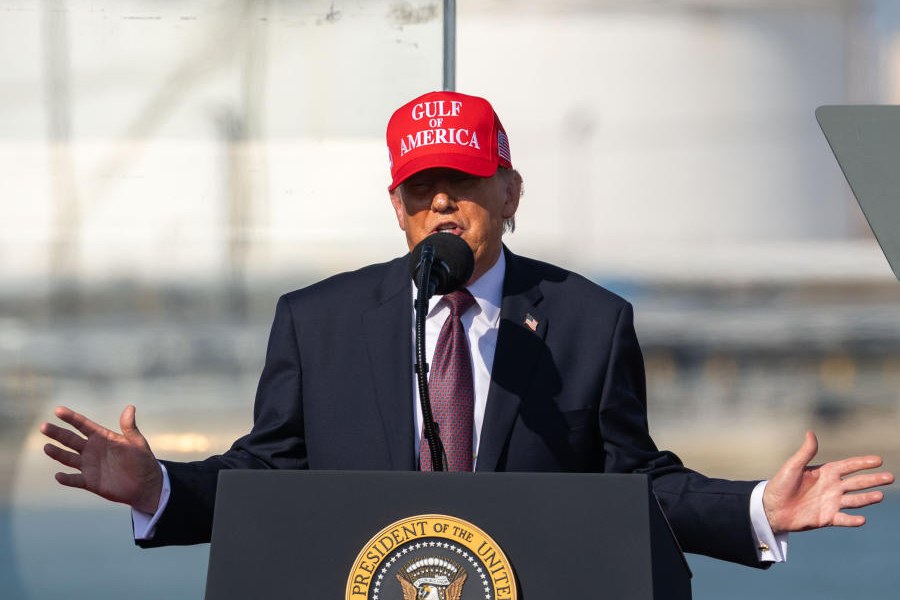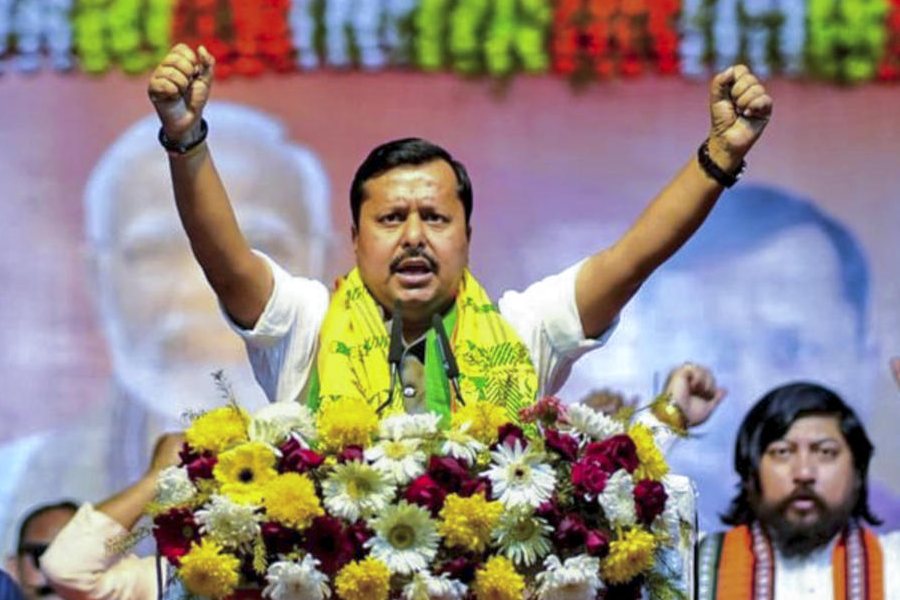 |
| Closed door: The dialysis room at Capital Hospital in Bhubaneswar. Picture by Ashwinee Pati |
Bhubaneswar, March 25: Patients in urgent need for a dialysis are being refused by the Capital Hospital authorities as its sole unit has been lying defunct for the last two months.
Ever since it’s commissioning, the dialysis unit has been often running into trouble. The facility was inaugurated in September 2010, but only 154 patients were able to undergo dialysis in the hospital so far.
The absence of a specialised nephrologist at the unit has worsened the situation.
The facility was inaugurated without a specialist doctor and other required support staff. A medicine specialist was given additional charge of the unit, which allegedly led to frequent disruption of its functioning.
A source in the hospital said that on an average 50 patients have undergone dialysis in the unit every year since its inauguration. In comparison, private hospitals in the city performed dialysis on a much larger scale, some carrying out 50 such procedures in a day.
“Most of the time you visit the Capital Hospital for dialysis, the doctors tell you that the unit is closed,” said Jitendra Mohanty, relative of a patient.
The unit was opened to provide dialysis facility at a cheaper rate than that of the private hospitals. While the government charges Rs 1,200 for each shift of dialysis, the private units charge double the amount. With a rise in patients suffering from chronic kidney disease, the number of people needing dialysis has risen.
However, the disruption of the dialysis unit at Capital Hospital has affected patients coming from suburban hospitals of Bhubaneswar.
Many patients with acute renal failure arising from snakebite, malaria or poisoning also need dialysis.
“We are forced to go for dialysis at a higher price in private hospitals as most of the time the unit at Capital Hospital does not function. The authorities must take corrective steps immediately,” said Rabi Narayan Dalai, a relative of a patient suffering from a kidney ailment.
In 2011, a committee on patient care appointed by Orissa High Court had visited the hospital and had found that patients coming for dialysis to the government hospital needed to depend on private facilities in the absence of a nephrologist there.
The hospital authorities, however, said that absence of specialists to run the unit is the main reason behind disruption of service.
“I have recently written a letter to the state government to appoint two nephrologists, four medical officers and other staff to run the unit,” said director of Capital Hospital P.K Acharya.











